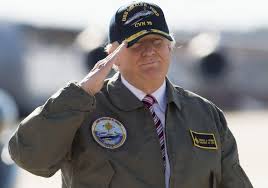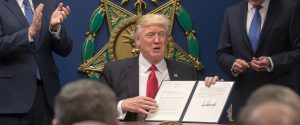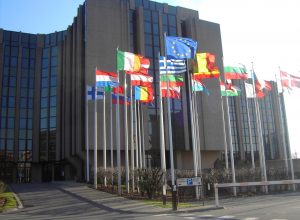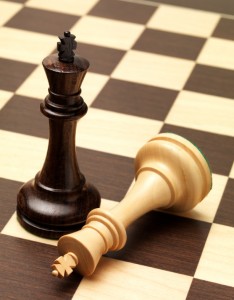
The ‘Shaking the Global Order’ series continues with a podcast interview with Kori Schake. Schake has been involved with national security and diplomacy over a number of years. She has worked at the Department of Defense on NATO issues and for the Assistant Secretary of Defense on strategy and requirements. She has worked at the National Security Council during the George W. Bush first term and in 2007-8 she served as Deputy Director of Policy Planning at the U.S. State Department. Schake published, with the now Secretary of Defense Jim Mattis, Warriors and Citizens: American Views of Our Military and has just released Safe Passage:The Transformation from British to American Hegemony. She is currently a research fellow at Stanford University’s Hoover Institution. In this wide ranging Global Summitry podcast Schake discusses how she sees the Trump administration’s policies on the Korean Peninsula and with Iran. She describes this Administration’s handling of foreign policy and nuclear strategy. She examines United States treatment of its allies and its adversaries in the international system and assesses Trump policy and what it is doing to the Liberal Order that the United States has been a leader in building over the last 70 years. Schake is insightful and deeply knowledgeable about an Order she has seen from the inside.
(You can download the podcast at iTunes and at Soundcloud.)

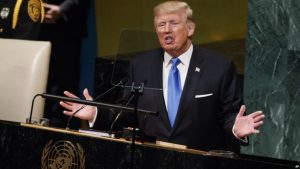

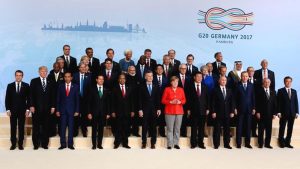 So, I was struck almost immediately by the headline in the
So, I was struck almost immediately by the headline in the 
